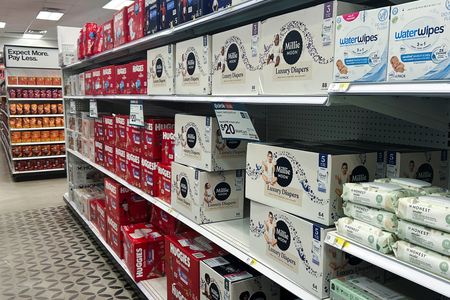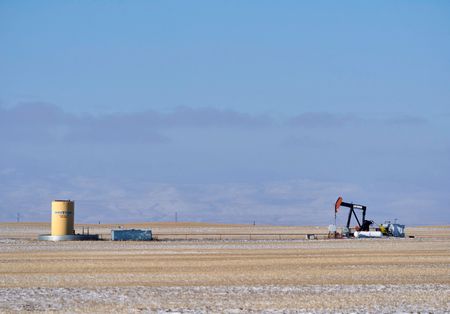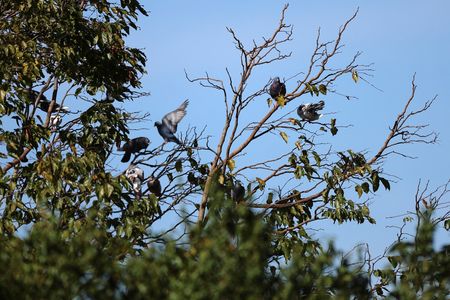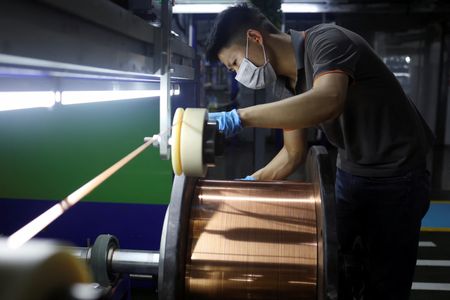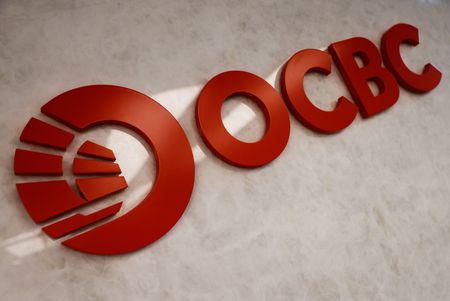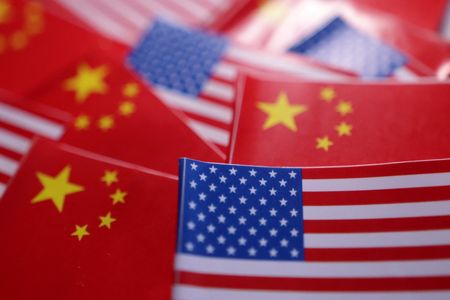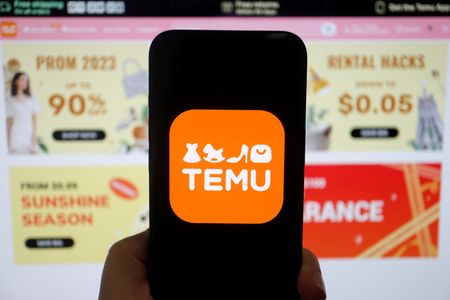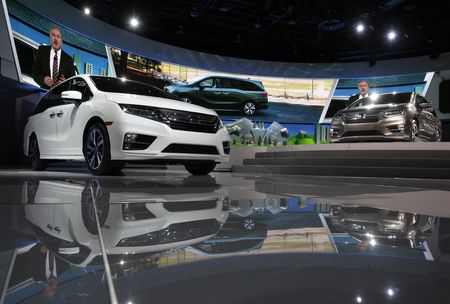By Jessica DiNapoli
NEW YORK (Reuters) -Procter & Gamble is selling luxury aloe-infused “bumbum” brand diapers made in China at retailer Target as its top-selling Pampers and Luvs brands lose ground to a growing number of imported rivals touting similar features.
The move is unusual for the Cincinnati-based consumer products maker, the biggest globally, because most of what it sells in the United States is manufactured domestically.
Target said earlier this year it would offer bumbum as part of an overhaul of its baby and toddler products, but did not identify the brand’s manufacturer. P&G said in a statement that it has introduced bumbum as part of its broader strategy to offer superior products, and that the diaper complements its Pampers and Luvs brands.
P&G, which makes household basics spanning from Dawn dish soap to Tide laundry detergent, did not respond to questions about the diaper’s manufacturing in China or the effects of tariffs. Target did not respond to a request for comment.
P&G’s shift to ship diapers from China shows how imports have been more attractive because of the costs of U.S.-made goods, and that the consumer products maker is searching for a way to grow sales in its top categories like baby care.
At Target, P&G’s top-of-the-line Pampers Pure diapers cost about 37 cents per each size 2 diaper, fitting an infant weighing up to 18 pounds, while another Chinese-made luxury brand, Millie Moon, are 28 cents. Bumbum diapers are a penny less than Millie Moon.
P&G is increasing prices partly due to tariffs, executives said last month, even as its sales falter due to shoppers spending less because of worries about the economy. The levies have already led to price hikes on other essential baby products including car seats and strollers, which are largely made in China.
P&G executives have said on earnings calls over the last 18 months that sales in their baby business are down, and that they are working on enhancements to their brands.
Pampers, which still leads the $5.4 billion U.S. disposable baby diaper market, saw its share of it slip to 32.3% in 2024 from 32.5% in 2022, while budget brand Luvs saw a drop to 6.9% last year from 9% in 2019, according to Euromonitor.
Pricie Hanna, founding partner of Price Hanna Consultants, which focuses on diapers and other absorbent products like pads, said P&G may be testing bumbum in Target to later incorporate some of the features in U.S.-made Pampers.
The new diapers are advertised as being aloe-enriched with “cloud-like” softness, echoing rival Millie Moon’s claim of “cloud touch” softness.
Competitor Kimberly-Clark last year introduced a value-priced Snug & Dry diaper – which it advertises as “cloud soft” – using Chinese research and development and supply chain teams.
The U.S. diaper market is cut-throat as fewer babies are born, pushing manufacturers to come up with improvements they can charge more for and market to attract new customers.
Chinese-made diapers, which may have once been rejected by new parents, have grown in popularity. Imports by weight of diapers made in China more than tripled in the two years ended April 23, according to import data provider ImportYeti.
The quality of Chinese-made diapers has significantly increased and there is no discernible difference between those made in China and the United States, industry experts said. The Chinese government also heavily subsidizes factories making diapers and their components, and laborers earn significantly less, allowing the products to undercut U.S.-made ones, the experts said.
Price hikes reflecting tariffs have yet to fully hit store shelves, with more expected in the fall as retailers sell older inventory. The increases could lead to consumers searching for even cheaper brands.
However, if tariffs lead to further price hikes on Chinese-made diapers, consumers could switch out of them, Hanna said.
BRANDS GROW SHARE
Other China-made brands include Parasol which is available at Target and Amazon.com Parasol is a premium product, priced at roughly 42 cents each, less than other high-end European-made and Canadian-made brands such as Coterie and HealthyBaby. Some store-brand diapers are also made in China, industry experts said.
“The thing is that the diapers from China are so cheap from the get-go,” said Shazi Visram, the founder of HealthyBaby.
Hong Kong-based Zuru Edge’s Rascals and Millie Moon brands have been winning over new parents with cut-rate prices, soft material and social media campaigns. The Rascals brand sells for about 21 cents a diaper at Walmart.
Rascals and Millie Moon have had triple-digit compounded annual growth rates since 2020 and 2021, respectively, according to Bain Consulting, citing Nielsen data.
Their market share, totaling 3.5% last year, according to Bain, is still tiny compared to Pampers. The consulting firm said the figure does not cover all of the brands’ sales, such as e-commerce, and “only depicts a portion of their growth story.”
Zuru Edge did not immediately return a request for comment.
Parasol founder Jessica Hung said that so far she has been looking to cut costs rather than pass price hikes along to shoppers. For example, she is now packing the diapers in a plain brown box rather than one with colorful prints.
“It wouldn’t kill the market to pass on the price, but we would definitely lose some customers,” she said.
(Reporting by Jessica DiNapoli in New York; Editing by Anna Driver)

